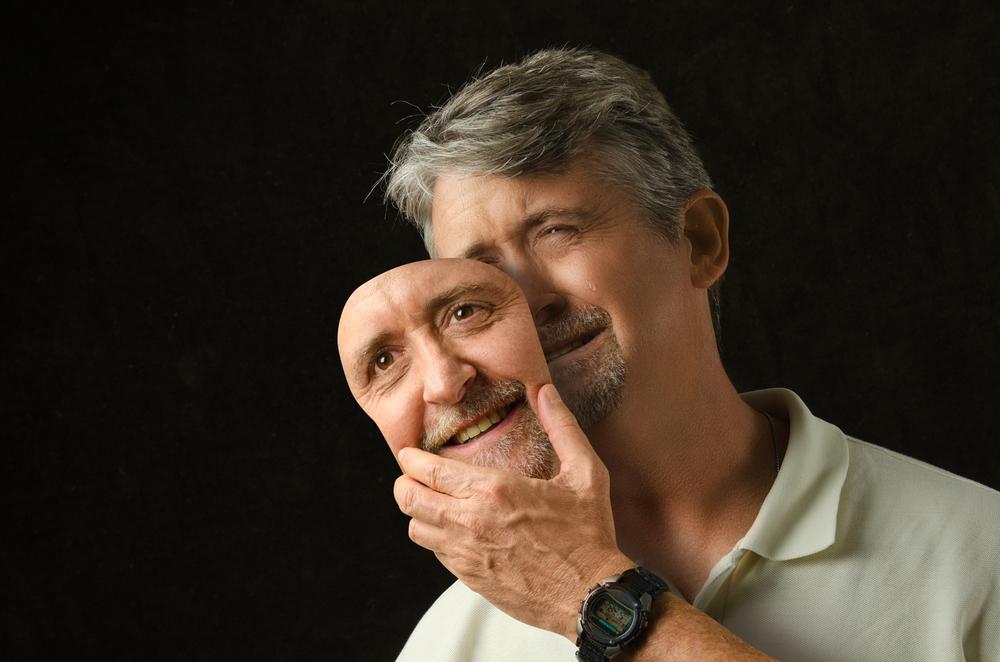Know the Causes and Symptoms of Bipolar Disorder
Bipolar disorder is a brain illness or a psychological mood swing problem which results from depression. It is a mental health condition, wherein an individual goes through frequent alterations in the levels of energy, activities such as sleeping and thinking. An individual with bipolar disorder is likely to feel overtly happy and filled with energy at times, and then again can feel highly depressed and sluggish.
Therefore, psychological treatments and support from family can help a person to recover from such mental disorders in an easy manner.

The mood fluctuations in bipolar disorder are categorized into two subheads. They are manic and depression. In the case of manic mood swings, patients suffer from unnecessary anxiety, irritation, dislike in conversations, and anger which drastically changes into something energetic and reckless. On the other hand, during the depression phase, patients are mostly in a sad state of mind along with tiredness that persists for a longer time.
Causes of bipolar disorder
This is a neurobiological disorder in the brain and as such there are no specific causes behind this illness. Though there are certain important risk factors and they are as follows:
- Genetics
Genetic factors are considered to be the main cause of bipolar disorder. Almost every person suffering from this illness is found to have a family history related to such disorders.
- Neurochemical factors
Dysfunctioning of the neurotransmitters in the brain is also a major cause of such brain illness.
- High levels of stress
Stress is a potential cause of bipolar disorder. Both day to day activities and traumatic incidents in the past can cause stress and result in manic depression.
- Gender
Women are most likely to get mood swings as compared to men. Since women, in general, go through a lot of hormonal changes in their lifetime, they are likely to experience these disorders.
Symptoms of bipolar disorder
The symptoms of bipolar disorders are mainly cyclic mood fluctuations. These problems are accompanied by a lack of interest in work, substance abuse, and depression. Few other symptoms of bipolar disorder are as follows:
- Behavioral symptoms
Many behavioral symptoms are noticed in a person suffering from bipolar disorder. Rapid and unusual talks and undertaking risky tasks, a sudden change in topics are few commonly visible symptoms.
- Physical symptoms
The physical changes that can be seen in patients suffering from bipolar disorders are a high level of energy and sleeplessness.
- Emotional symptoms
A person suffering from hypomania may have feelings of irritability, as well as unexpected happiness.
The treatment of bipolar disorder has not been found to date but psychological treatments play an important role in combating this. Bipolar disorder treatments are generally done to cure the patient of depression. Lithium Carbonate is the most common medication for treating bipolar disorders in people.